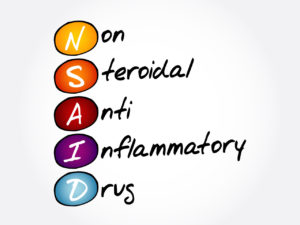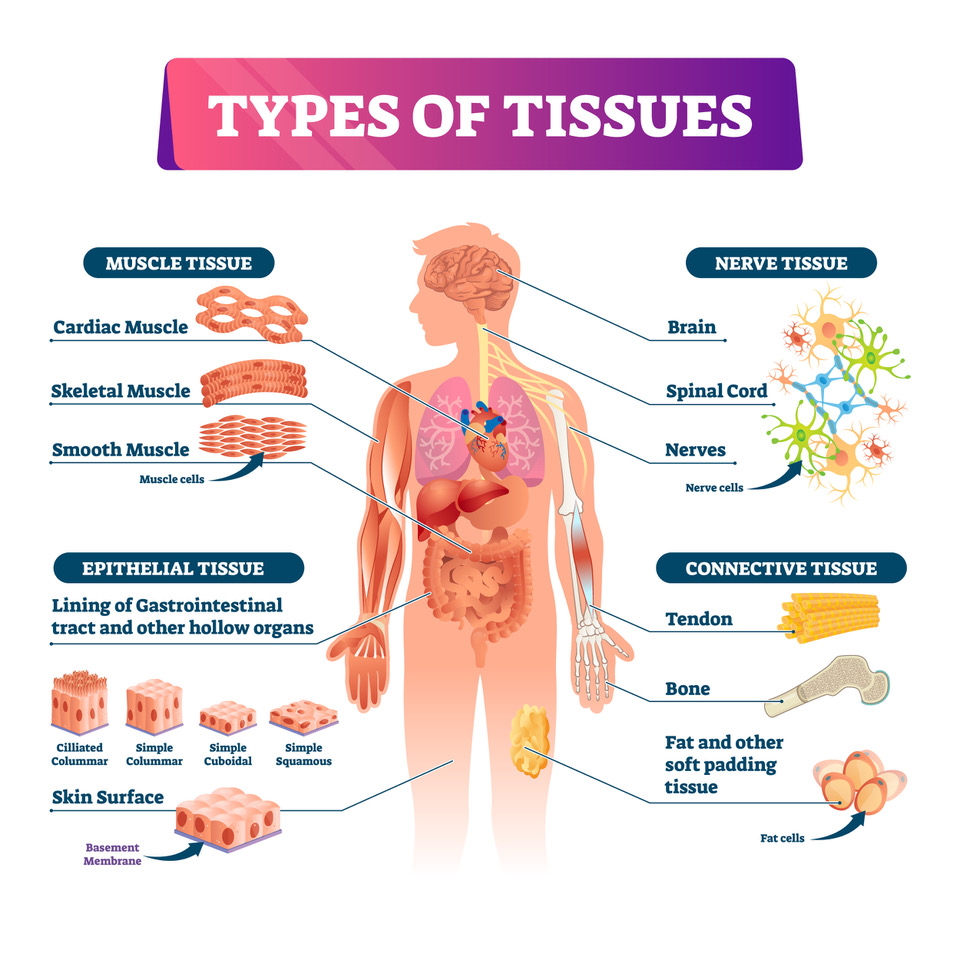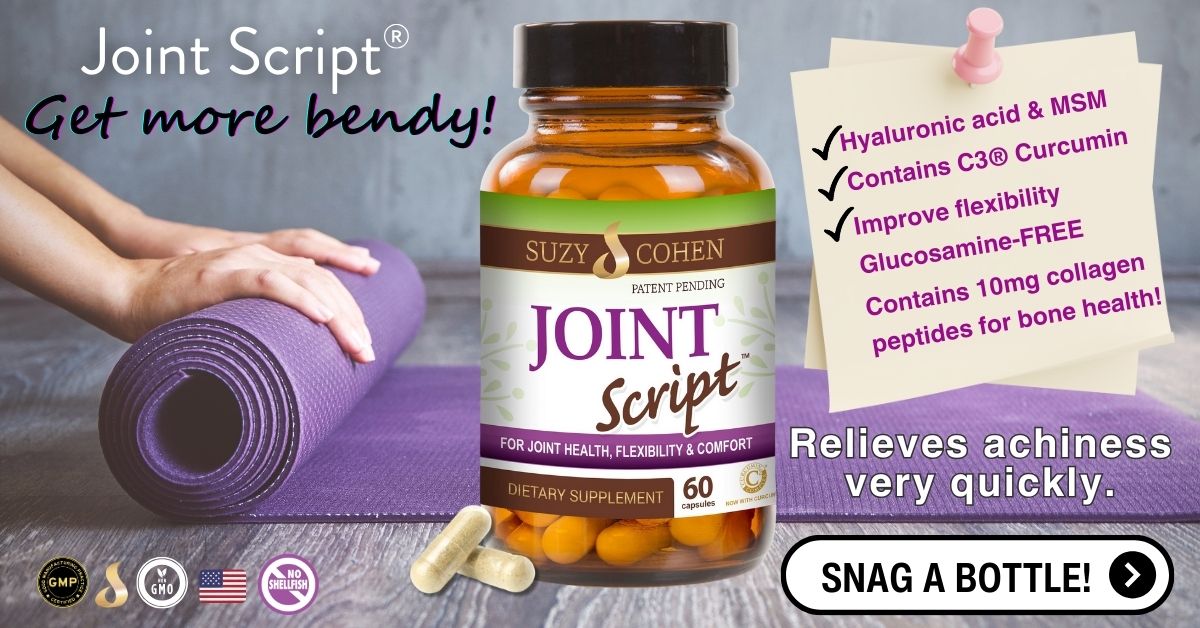I recently introduced you to BPC 157 which originate from a protective stomach protein. The final result is considered synthetic, even though it is derived from natural stomach compounds. BPC 157 has been around since the 1990’s but only now are we seeing more research on how it can help quickly support the body’s gastrointestinal and musculoskeletal system. Most of the animal research was done on animals and there is support for BPC 157’s ability to positively impact muscles, ligaments, tendons, teeth, bones and intestines. A rabbit study suggests this compound can heal bones to some extent.
Is it a drug, an herb or a vitamin?
It’s none of those. BPC 175 is a peptide (like a tiny protein). It is not a drug, and it’s not an herb and yet it is sold as a dietary supplement in a growing category of supplements called “peptides.” This is where it currently falls in the United State’s regulatory framework for supplements.

The “peptide” supplements are gaining popularity, especially those that can be administered orally. Most peptides require a tiny needle to be self-injected via the SQ route. While we are gaining more data about BPC 157, it’s a good idea to check with your primary care physician or pharmacist to see if this (or any supplement you take), can interact with any prescription medicine you take, or if it might adversely affect your medical condition(s).
The positive scientific data for BPC 157 abounds. Some say it can offset fatigue from intensive exercise, even though its main claim to fame is for reversing GI damage inflicted by drinking alcohol, having Celiac, or “leaky gut” syndrome, or from taking NSAID medications. You know the NSAIDs as aspirin, ibuprofen, naproxen, ketoprofen, oxaprozin and indomethacin and these drugs sometimes cause ulcers in the elderly. If the topic of NSAIDs interests you, and you’re wondering which is better, Tylenol or Advil, CLICK HERE to find out.
The NSAID category of medications work in part to inhibit prostaglandin synthesis, and that weakens the protective mucosal layer in the gut. Physician’s don’t know about this supplement yet, at least not most of them. In fact, doctors most often try to repair the gut lining after NSAID damage using the conventional drugs. Those include misoprostol (Cytotec®) or acid-reducing medications such as H2 antagonists (Pepcid®) or proton pump inhibitors (PPIs like Nexium®). But again, BPC 157 can also be highly effective in terms of offsetting the damage done by NSAIDs and the research proves it. It is acid-resistant, so the acid in your stomach will not even degrade the formula. Marshmallow root extract is a natural demulcent, you can read about that HERE in one of my other blogs.
Is BPC 157 better than the drugs listed above?
I do not know because there’s been no head to head comparative trials. It is a strong anti-inflammatory, and offers protection and healing of inflamed intestinal mucosal tissue. In my humble opinion as a pharmacist, the studies I’ve read clearly show BPC 157’s role in gut healing, even with serious inflammatory bowel diseases such as Crohn’s and IBS. The research for these may be nothing short of profound, at least in animal model studies. I cannot speak to how well an individual reading this will respond because the studies aren’t available. Natural products don’t get a lot of TLC in the “clinical trial” world because they can’t be patented and marketed effectively. And remember, BPC 157 comes from something kind rather unglamorous, like gastric juice! In fact, some people are not even sure what to make of BPC 157 at this time!

Based on animal models, BPC 157, a gut peptide, appears to offer tremendous and diverse benefits for people with less harmful damage than some nonprescription drugs do, at least according to animal studies. There have not been many studies done on humans yet. Regardless, the trials suggest that BPC 157 most often show that it can help to repair the lining of the GI tract since it is derived form a protein naturally found in our gastric juice.
The following claims have been validated by animal studies include:
– Support healing of soft tissue*
– Support a healthier allergic response to natural triggers*
– Improve intestinal and bowel problems*
– Repair and protect the liver, gut and pancreas*
– Support healthy blood pressure numbers*
– Improve serotonin transport which impacts mood* – You can learn more about St. John’s Wort, Serotonin, and Depression here.
– Support oral and dental health*
– Preliminary research suggests mild help for urinary incontinence*
– Support tendon-to-bone healing and ligament repair*
– Achilles tendon support*
One last comment about BPC 157 and a unique benefit for patients with wasting syndrome. I recall this condition when I worked in nursing homes in the 1990’s and it is maybe something you have seen yourself in people who are in the late stages of a disease and they suffer with extreme weight loss and muscle wasting. The medical term for this is cachexia. It’s pronounced “ca-KEK-see-uh.”
People with cancer, COPD, HIV or heart failure will have this problem, and physicians struggle to find ways to help a patient keep weight on, and maintain muscle mass, or at least stop the muscle atrophy. More than 50 percent of terminal cancer patients deal with this and nutritional support methods are not very effective, at least not long term. We used a drug called “megestrol” back in the day, which is a man-made version of natural progesterone… but again, it did not prove to be that effective in terms of increasing appetite.
According to a STUDY published in 2018, BPC 157 was used for cachexia and found to be somewhat helpful. If you’re an oncologist, please look into this oral peptide for your patients in case it holds value. The data is there, although slim, but I feel that having ANYTHING available, simple and cheap that helps a person with cachexia is worth a look-see.
The BPC 157 that I use myself can be found HERE. Since I’m a practitioner and an affiliate for this company, use TMH at check out to receive 15% off your first order. If you are interested in some of the research articles that I read to create this blog, click on any of the links below.
Effects of pentadecapeptide BPC157 on regional serotonin synthesis in the rat brain
Gastric pentadecapeptide BPC 157 accelerates healing of transected rat Achilles tendon
A Comprehensive Review of Non-Steroidal Anti-Inflammatory Drug Use in The Elderly
Toxicity by NSAIDs. Counteraction by stable gastric pentadecapeptide BPC 157

Suzy Cohen, has been a licensed pharmacist for over 30 years and believes the best approach to chronic illness is a combination of natural medicine and conventional. She founded her own dietary supplement company specializing in custom-formulas, some of which have patents. With a special focus on functional medicine, thyroid health and drug nutrient depletion, Suzy is the author of several related books including Thyroid Healthy, Drug Muggers, Diabetes Without Drugs, and a nationally syndicated column.


